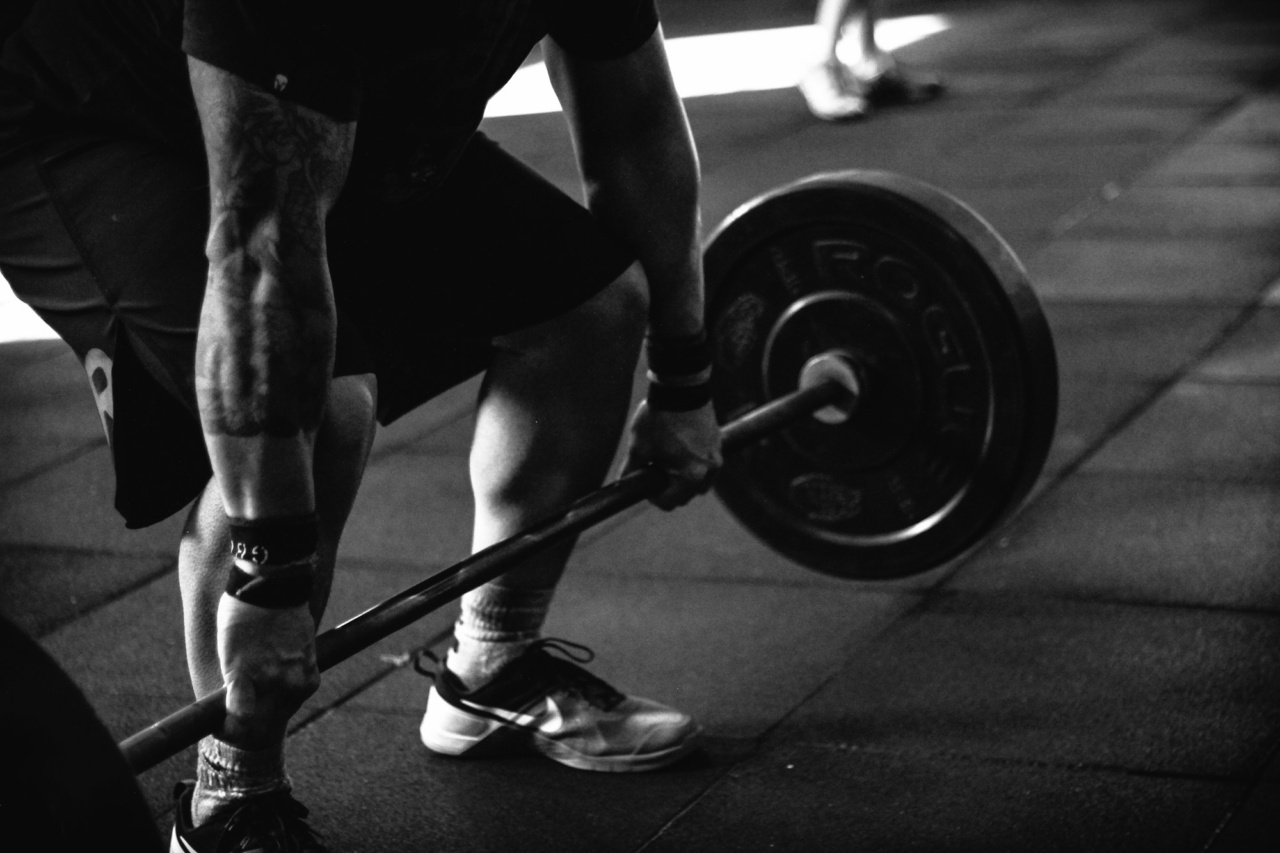Have you ever experienced an excruciating muscle cramp that seemingly came out of nowhere? Many individuals suffer from muscle cramps on a regular basis, and often wonder why they are more prone to these painful episodes than others.
In this article, we will delve into the factors that contribute to an individual’s predisposition to muscle cramps and explore potential remedies and prevention techniques.
1. Dehydration
One of the leading causes of muscle cramps is dehydration. When our bodies do not have enough fluids, the muscles become more prone to involuntary contractions. This often occurs during physical activity or in hot environments.
Ensuring adequate hydration before, during, and after exercise is crucial in preventing muscle cramps.
2. Electrolyte Imbalances
Electrolytes, such as sodium, potassium, calcium, and magnesium, play a vital role in muscle function. An imbalance of these electrolytes can lead to muscle cramps.
Low levels of potassium or magnesium, especially, have been associated with increased cramp occurrence. Including foods rich in these electrolytes or consuming electrolyte-enhanced drinks can help maintain the proper balance.
3. Overexertion
Engaging in strenuous physical activity or overexertion of the muscles can trigger muscle cramps. When the muscles are overworked or fatigued, they are more likely to seize up and cause cramping.
Gradually increasing the intensity and duration of exercise, as well as proper warm-up and cool-down routines, can reduce the risk of cramps.
4. Poor Blood Circulation
Inadequate blood circulation to the muscles can also contribute to the occurrence of muscle cramps.
Conditions such as peripheral artery disease, diabetes, or even sitting or standing in one position for prolonged periods can restrict blood flow to the muscles. Regular movement and exercises that promote circulation, such as stretching and massage, can help alleviate cramps caused by poor blood flow.
5. Nerve Compression
Nerve compression or entrapment can result in muscle cramps in specific areas of the body. For example, carpal tunnel syndrome can cause cramping in the hands and fingers.
Addressing the underlying nerve issue through medical interventions, such as surgery or physical therapy, can provide relief from chronic muscle cramps.
6. Medications and Medical Conditions
Some medications, such as diuretics or statins, have muscle cramps listed as a side effect. Additionally, certain medical conditions, including kidney disease, thyroid disorders, or nerve disorders, can increase the likelihood of muscle cramps.
Consulting with a healthcare professional to evaluate medication regimens and manage underlying medical conditions can help reduce cramp frequency.
7. Genetic Predisposition
Recent studies suggest that there may be a genetic component to individual predisposition to muscle cramps. Variations in certain genes involved in muscle contraction and relaxation mechanisms could contribute to an increased susceptibility to cramping.
Further research is needed to fully understand the genetic factors associated with muscle cramps and develop targeted treatments.
8. Age and Muscle Atrophy
As we age, our muscles naturally tend to weaken and atrophy. This loss of muscle mass and strength can make individuals more prone to experiencing muscle cramps.
Regular exercise and strength training tailored to individual capabilities can help counteract muscle atrophy and reduce the occurrence of cramps.
9. Malnutrition and Vitamin Deficiencies
A lack of essential vitamins and minerals, such as vitamin D, vitamin E, or calcium, can contribute to muscle cramps. Maintaining a balanced diet that includes adequate nutrients necessary for muscle health is important in preventing cramping episodes.
Discussing dietary concerns with a nutritionist or healthcare provider can help identify potential deficiencies and develop dietary plans accordingly.
10. Stress and Fatigue
Stress and fatigue can adversely affect muscle health and increase the likelihood of muscle cramps. When our bodies are under prolonged periods of stress or fatigue, our muscles become more prone to spasms and cramping.
Incorporating stress-reducing techniques, regular rest, and relaxation into our daily routines can help prevent cramps related to stress and fatigue.































